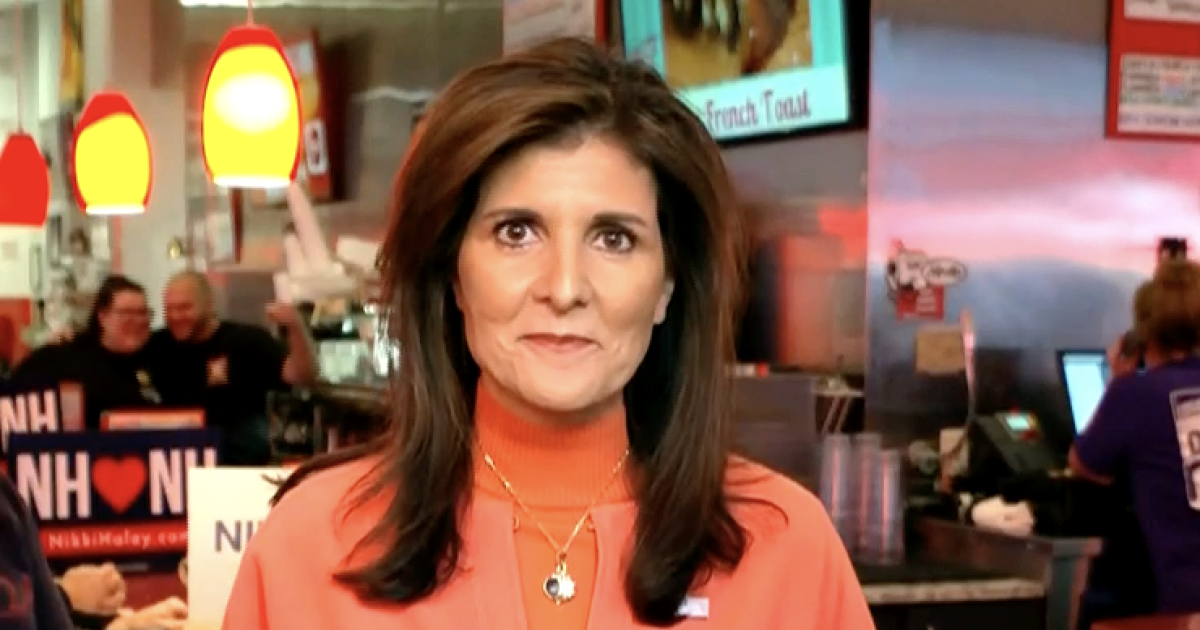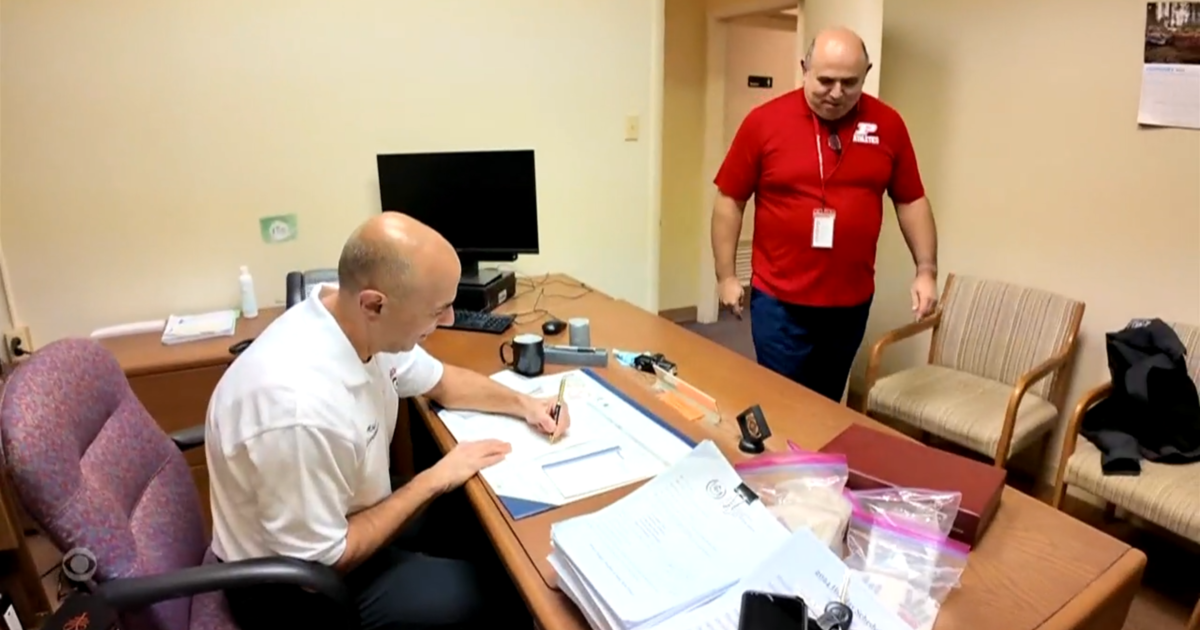How these 3 hashtags from Black Twitter changed America
Watch the CBS Reports documentary "Black Twitter: The Twitterverse That Changed a Generation" in the video player above.
Black Twitter is a pop culture juggernaut, a driver of social justice and a window into the future. In a sense, Black Twitter is a digital community that allows people to connect and bond over what it means to be Black — and what happens there often reverberates far beyond.
Journalist and social commentator Jemele Hill said it best: "I think Black Twitter started as more of a feeling, a communal feeling, whenever it was an issue that Black people cared about, whether it be something that was lighthearted or something that was more serious. We just decided to have a conversation, and we were having a conversation in front of every manner of person in this world on social media. So it became its own thing."
A feeling, a conversation, and sometimes a call to action.
"One of the great things about Black Twitter is that it's a space of mobilization," said Marc Lamont Hill, a professor at Temple University and host of BET News. "You can find out information about something that the mainstream traditional media hasn't discussed."
Hashtags can run the gamut from funny memes and live tweets while watching a popular show to getting the word out on important topics and movements.
Here are a few of the hashtags from Black Twitter that changed America.
#BlackLivesMatter
In 2013, the phrase "Black Lives Matter" first started on Facebook and then took off on Twitter amid the outrage over the acquittal of George Zimmerman in the killing of 17-year-old Trayvon Martin.
Comedian Kevin Fredericks recalls thinking, "Nah man, this kid was just going home. He had a hoodie on. And I remember when George Zimmerman was found not guilty, I was shocked. And my whole timeline was shocked. It felt like almost a collective grieving period. … And then that grief turned into anger, sadness. Like, it was like being able to experience those emotions with like-minded people across the globe."
One viral moment that sticks with Hill: "I think about Trayvon Martin, and I remember when this happened, all it took was for the Miami Heat to post a photo of the team in hoodies as their way of letting people know, letting Black people know specifically, that they were in this moment with them. When the Miami Heat did that, that took it to another level," she said.
"Next thing you know, everybody's changing their avatar and they have a hoodie on. That's how movements happen on Black Twitter and go beyond."
#OscarsSoWhite
On the morning of Jan. 15, 2015, the Oscar nominations were announced. April Reign, an attorney, was watching and noticed that all 20 nominations in the acting categories went to White actors.
"I picked up my cellphone, which is typically embedded in my forearm, and I said, 'OscarsSoWhite, they asked to touch my hair.' And that was it. It was very organic, it wasn't intentional," said Reign.
The hashtag #OscarsSoWhite was born, but it took Reign a few hours to realize she'd really started something.
"I was then late for work, so I went on to work. I checked in on Twitter around lunchtime, and based on that one tweet, the hashtag #OscarsSoWhite was trending around the world."
While there was lots of talk on social media and it grabbed the attention of mainstream news outlets, not much changed at first. The following year, all 20 acting nominations again went to White actors, reviving the outcry and the hashtag. Calls for inclusivity grew, and some actors even protested the Oscars.
The Academy of Motion Picture Arts and Sciences heard the outcry and took action to increase diversity, revamping its Board of Governors and expanding its membership. It created a representation and inclusion initiative which helped increase the number of voting members of color from 8% to 36% in five years.
"That hashtag changed the Oscars," Hill said.
#MuteRKelly
Black women are instrumental to Black Twitter, as the power of these hashtags attest. "MeToo," first coined by activist Tarana Burke, was amplified by countless women speaking out against sexual harassment and abuse.
And #MuteRKelly, a hashtag that became popular in 2017, is still reverberating in 2023, as the singer R. Kelly faces additional prison time. The 56-year-old former R&B star was convicted on a number of charges in 2021 and 2022, including three counts of producing child pornography.
While R. Kelly's conduct was something Black Twitter had whispered about in the past, it came to forefront when the hashtag ignited outrage and action over the allegations against the singer.
"Because the movement started on Twitter to get his music removed, for people who played his music, to have to be accountable for doing that, for continuing to put money in his pocket at his concerts, like suddenly there was a shame factor brought to listening to R. Kelly because of the Me Too movement and Tarana Burke's link with that," Hill said.
"And while obviously you saw a lot of White women and non-Black women start to come to the forefront and share their stories, they did it because Tarana Burke and Black Twitter made that a safe space and made them feel supported enough in that moment to speak to the horrors and the traumas that they'd experienced."
These and other hashtags are a way of uniting people who may have never met, of sharing experiences and learning about causes from around the world.
Watch more in the CBS Reports documentary "Black Twitter: The Twitterverse That Changed a Generation" in the video player above.
for more features.



